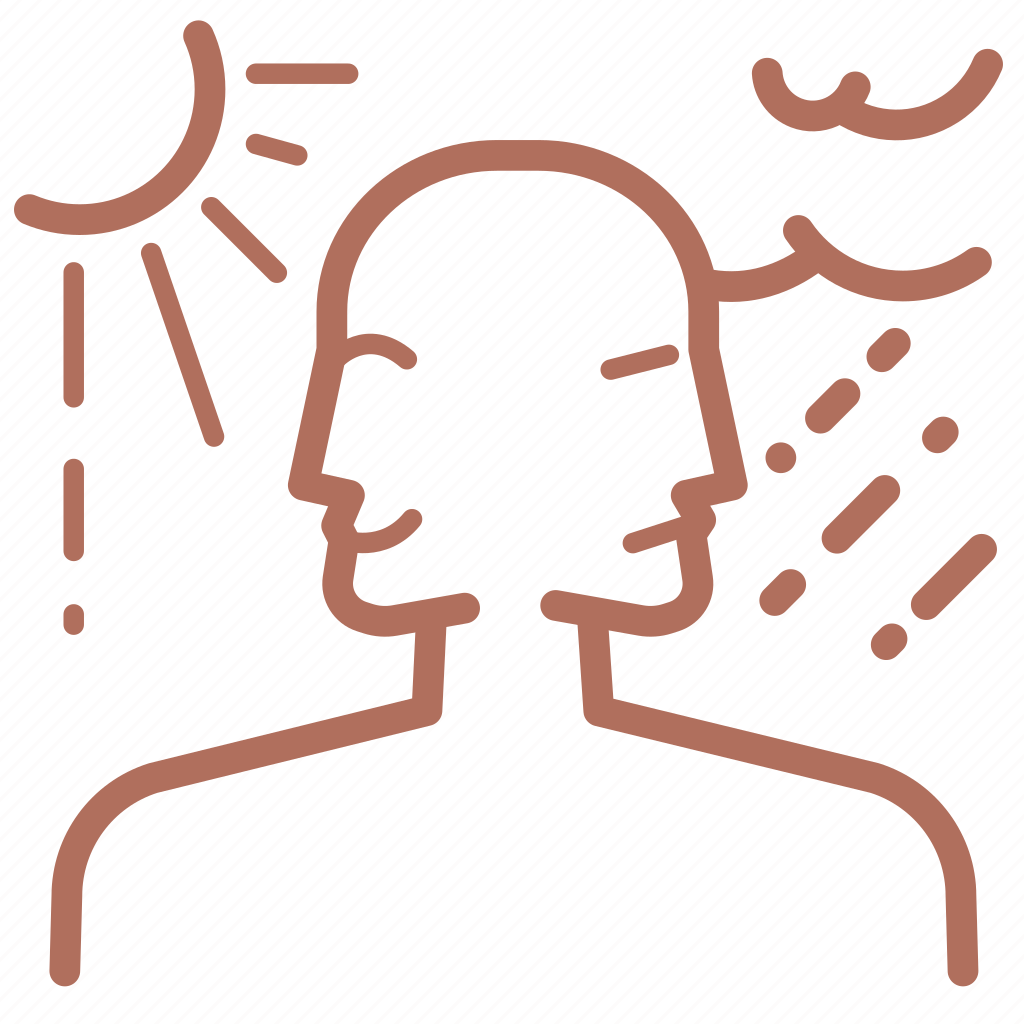At True Roots Therapy we understand the impact that symptoms of a Mood Disorder can often be rooted in trauma and past experiences. Being diagnosed can often come with a range of emotions. Our compassionate, client-centered approach helps you understand and manage these emotions, while providing effective treatment strategies for healing and stability.

Bipolar I: Involves manic episodes lasting at least seven days or manic symptoms that can be so severe that immediate care and sometimes hospital intervention is needed. Depressive episodes typically last at least two weeks.

Characterized by a pattern of depressive episodes and hypomanic episodes, often alternating between the two with varying degrees of severity

Disruptive Mood Dysregulation Disorder is a mood disorder primarily diagnosed in children and adolescents. It involves severe temper outbursts that are often seen as out of proportion to the given situation and a consistently irritable or angry mood.

Premenstrual Dysphoric Disorder is a severe form of premenstrual syndrome (PMS), with symptoms including mood swings, irritability, fatigue, and depression, that interfere with daily life. It typically occurs in the luteal phase of the menstrual cycle, leading up to menstruation.

Avoidant personality disorder is marked by extreme social inhibition, feelings of inadequacy, and hypersensitivity to criticism or rejection. If you have been diagnosed with AVPD you may avoid social situations due to a fear of being judged or rejected.

Borderline personality disorder involves intense and often dysregulated emotions, impulsive behaviours, and unstable relationships. If you are diagnosed with BPD you may experience mood swings, fear of abandonment, and difficulty maintaining strong interpersonal connections.

If you have been diagnosed with a mood disorder you may experience ongoing feelings of hopelessness or despair. Thoughts may revolve around failure, guilt, or pessimism about the future, making it difficult to see positive outcomes.
If you have struggled with depression or bipolar disorder, you might have experienced harmful thoughts—such as feelings of worthlessness, guilt, or grandiosity—that can influence your perception of yourself and the world around you.
Mood disorders, especially depression, can impair memory and cognitive functioning. This can result in a lack of focus, or difficulty keeping track of tasks and responsibilities.

Mood disorders frequently disrupt sleep. Insomnia or excessive sleeping (hypersomnia) are common symptoms. This can worsen the overall sense of fatigue and contribute to emotional distress.
Persistent headaches, including tension headaches or migraines, can be linked to mood disorders. The physical stress of emotional distress can trigger or exacerbate these types of pain.
A feeling of persistent tiredness or exhaustion, even after getting adequate rest, is one of the most common physical symptoms of mood disorders, particularly depression. This can make it difficult to engage in everyday activities or maintain motivation.

If you have been diagnosed with bipolar disorder, emotional highs or a sense of euphoria can occur. This may involve feeling overly confident, energetic, or even impulsive, which can lead to making harmful, risky and spontaneous decisions.
Mood disorders like bipolar disorder can cause mood swings, where periods of irritability, frustration, or anger occur unexpectedly. Even in depression, heightened irritability can affect personal relationships and social interactions.

DBT focuses on helping you manage intense emotions, improve relationships, and reduce self-destructive behaviours that often accompany mood disorders. The main goal is identifying, understanding and regulating overwhelming emotions particularly in Borderline Personality Disorder (BPD) and Bipolar Disorder.

IPT can help you address relationship issues, such as communication difficulties, social isolation, or grief, which may contribute to or exacerbate depression or bipolar mood episodes. Interpersonal Therapy helps you to foster stronger connections with family and friends, which can act as a protective factor against symptoms of mood disorders.

The Narrative Therapy approach can empower you to see view symptoms as separate you’re your identity, allowing you to create a new narrative that promotes healing. This includes reframing negative narratives that you might internalize as a result of being diagnosed with a mood disorder and fostering heathier self-concepts rooted in self-compassion.
If you have been diagnosed with a mood disorder, and are needing more information or support, please feel free to reach out below